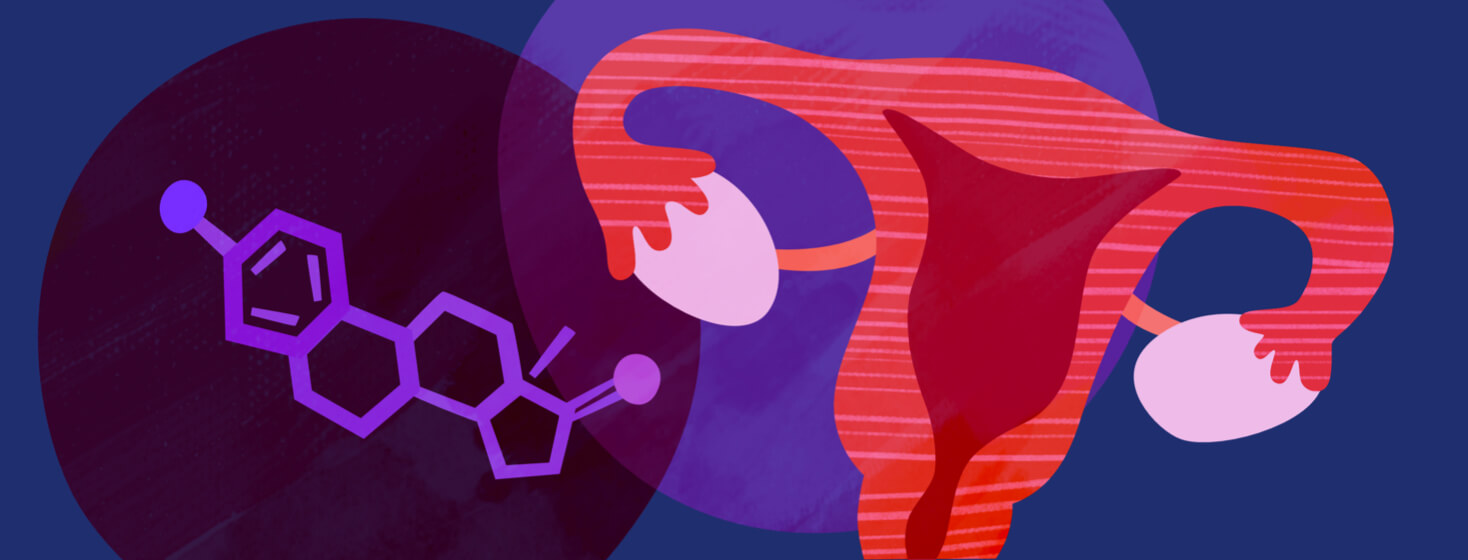How Hormonal Changes Affect Psoriatic Arthritis
Stress, bad diets, colds and flu, weather, injuries... it seems like just about anything can be a psoriatic arthritis trigger. They are different for all of us, and not everyone experiences the same triggers, but some seem to be more common. And some are more in our control than others.
But have you ever considered that a change in hormone levels could influence how active your arthritis is?
It's tough being a woman with PsA!
There are lots of times and periods in life when your hormone levels spike or drop. You'll notice these times apply to females! But time and time again, research and our own experience show that hormone fluctuations can influence how active your PsA is.
Monthly hormonal changes for women
Women tend to notice an increase in joint pain leading up to and during their periods. According to the Arthritis Foundation, the massive drop in estrogen that brings on your period is likely the culprit.1
I've certainly noticed fluctuations in my hormones can influence my pain. For example, when I don't use hormonal birth control, one of the first signs I know my period is coming is my hips start to flare a little. But while using hormonal birth control where my hormone levels are more stable, I don't experience as much joint pain.
The Arthritis Foundation also noted that in clinical trials, women using estrogen may experience less joint pain. So it made sense that my pain lessened while using the pill. While the pill isn't a cure and I wouldn't recommend taking it to prevent flares, it has helped make that time of the month a little more bearable for me.
Pregnancy and childbirth
It's not uncommon for pregnant or recently postpartum women to notice a change in their symptoms. While there are many factors as to why a woman might experience a change in symptoms during this time, high levels of hormones are suspected to play a part in this.2
While more than half (55%) women experience improvements to their symptoms while pregnant, almost a quarter of women (23%) notice a worsening of arthritis symptoms. The rest have no change (21%)3. It's also common to experience flares a couple of weeks after childbirth.
Menopause
I've also heard that many women experience worsening symptoms as they go through menopause when their estrogen levels drop. That said, I couldn't find much research connecting menopause and PsA flares. Studies have suggested that fluctuations in hormone levels can cause psoriasis to become more active and flare.4
The symptoms of menopause can also make PsA just generally feel worse. For example, trouble sleeping can make fatigue even worse.
Hormones may not always play as big a role.
But remember, it's different for everyone. Really, there's no guarantee your hormones will cause an increase in symptoms. Or, they might be one small factor among many others.
But, if you've ever wondered why your pain is worse at a particular time of the month or during different points in your life, your hormones might have been to blame.

Join the conversation